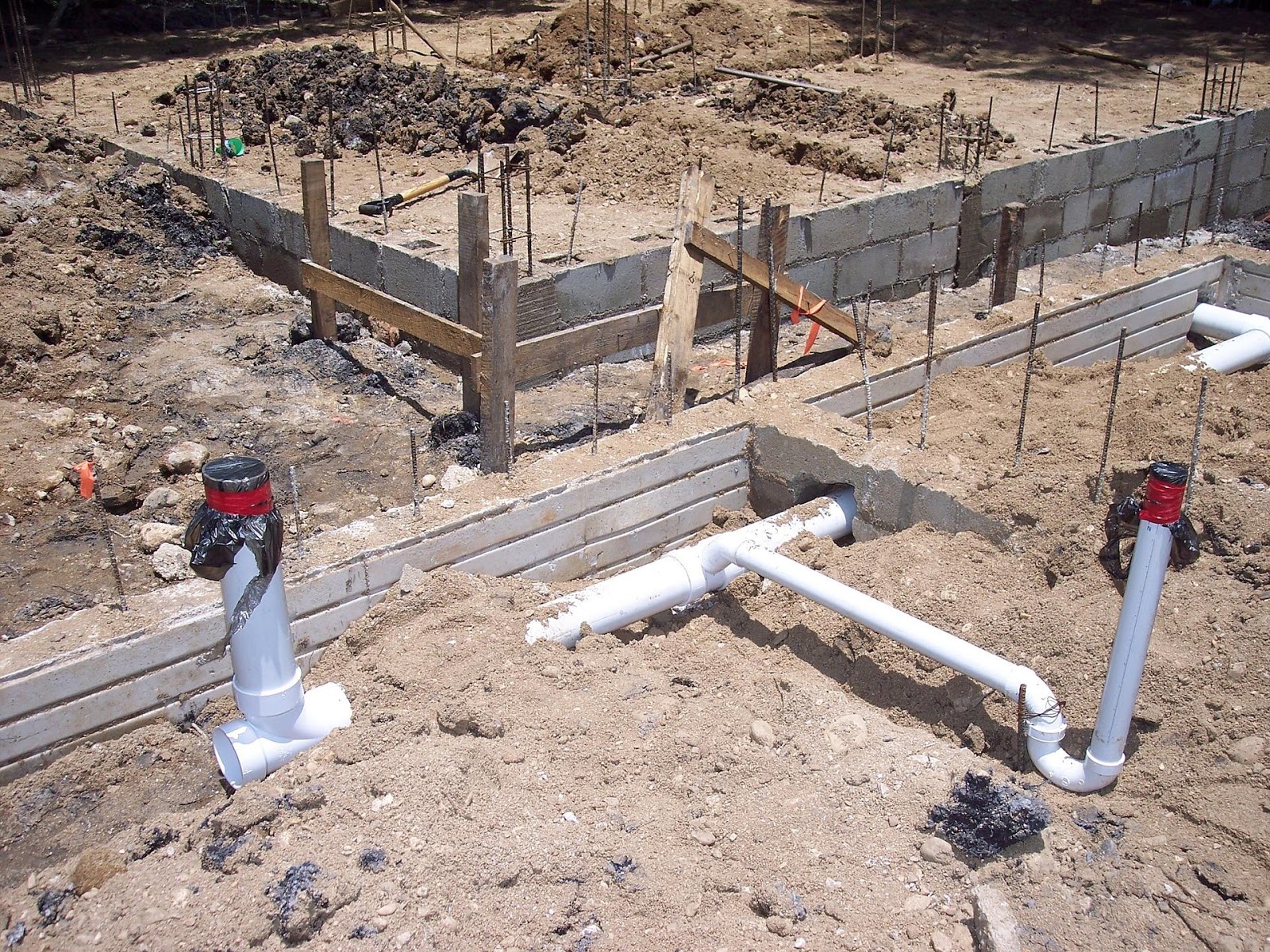
What’s supporting your mobile home? It might surprise you to learn that there are many different standard foundations for manufactured homes. They affect everything from how the weather impacts your home to which financing options you can qualify for.
The following are examples of common foundations for various single wides, double wides, and modular homes. There are several types of foundations, including but not limited to...
- Crawl Space
- Piers
- Runners
- Cement Slab
- Basement
Almost all of these include a contractor coming to pour cement. Piers on the other hand, are plastic pads that support the home along the frame. Putting a mobile home on a basement is very rare, as this is much easier with a purpose built modular home.
Here is a video of one of our modular homes being set with a crane on a half basement.
Foundation Types and Costs
Mobile homes, the foundation you choose, are crucial in ensuring stability, protection, and long-term durability. Whether you're looking for affordability, extra space, or weather resistance, several foundation types are available, each with its own set of benefits and costs. Below, we'll explore the most common foundation options for mobile homes and what you can expect regarding price and performance.
Pier Foundations
Pier foundations are one of the most common and affordable options for mobile homes. This type involves evenly spaced concrete piers under the home to support its weight.
Typically, around $1,000 for a Single-wide and $2,000 for a Double-wide. Pier foundations are budget-friendly, quick to install, and offer decent wind resistance. They're also suitable for various climates, including areas prone to frost.
Crawl Space Foundations
A crawl space foundation elevates the home above the ground, providing a small area for storage and access to utilities. It's typically built using concrete blocks or poured walls. The cost ranges from $6,000 to $15,000, depending on the home's size and whether it’s constructed with blocks or poured concrete.
Crawl spaces provide moderate wind resistance and are a preferred choice for Double-wides. While they are more expensive than piers, crawl spaces offer additional protection from the elements and easy maintenance access.
Slab Foundations
Slab foundations involve pouring a single, solid concrete slab under the mobile home, providing a stable surface for piers to support the structure. It is considered one of the most affordable options.
Slabs are quick to construct and work well in flood-prone and seismic areas. However, they are less suitable for homes on sloping lots, and you may need to insulate the slab in areas with heavy frost.
Runner Foundations
Runner foundations consist of thin strips of concrete that run either side to side or in a backbone configuration to support the home's I-beams.
It is generally cheaper than slab foundations but requires a more precise layout. Runner foundations are frost-resistant and offer an inexpensive alternative to slabs. However, they are prone to damage, such as cracking and shifting, making them less durable.
Basement Foundations
A basement foundation provides a full basement under the mobile home, creating extra living or storage space. It’s the most substantial option available. Basements are the most expensive, ranging from $12,000 to $25,000, depending on the home’s size and location.
Basements provide additional living space, resist wind loads, and offer excellent protection from frost. However, they take longer to install and are unsuitable for flood-prone areas.
Choosing the Right Foundation
Selecting the proper foundation for your mobile home depends on several factors: your budget, the size of your home, local climate, and specific building regulations. While pier foundations are the most affordable and quick to install, crawl spaces and slabs offer better utility stability and access. Basement foundations provide the best long-term value for those seeking extra space and durability, albeit at a higher cost.
Whatever option you choose, consult with local contractors and review your region's regulations. The proper foundation ensures your mobile home remains stable and secure for years.
If you need help managing your mobile home foundation project, we can oversee the process and ensure you get the best deal and quality work.
Whether you choose a permanent or non-permanent foundation, check local regulations, as they can affect financing and placement. Need help? We can manage the project and save you thousands.

Manufactured Home Installation Manual: TYPICAL
Double Wide Join Instructions Example
Mobile Home Basement Frame Example
Cost Overview
Installing a mobile home foundation typically costs around $3,000 per section, meaning Single Wides cost about $3,000, while Double Wides range from $7,000 to $12,000. Additional costs apply for full basement installations, and prices vary by region. Installation includes moving the home onto the foundation, anchoring it, bolting together double-wide sections, and installing the ridge cap, siding, and utilities. Some installers may not include finishing tasks like siding and utility hookups, requiring additional contractors.
We can help coordinate contractors for each phase, or you can manage the work yourself.
Hud Requirements Overview
The FHA sets specific guidelines for certifying mobile home foundations, which is essential for securing a mortgage or refinancing. To meet these standards, use reputable contractors. Key FHA requirements include:
-
Piers must have reinforced concrete footings below the frost line.
-
Wheels, tongue, and axles must be removed.
-
Skirting should cover the space between the home and foundation, keep out water and pests, and have an access opening.
Following these guidelines ensures compliance and helps with financing.
Pier Foundations Permanent vs. Non-Pemanent Foundations for Mobile Homes
Permanent foundations (like basements and crawl spaces) permanently attach a mobile home and are required to classify the home as "real property," making it easier to secure financing, especially FHA loans. Although they are more expensive due to time and materials, permanent foundations offer benefits like better financing options, higher resale value, lower depreciation, and superior protection from the elements.
Non-permanent foundations allow for easier relocation but make qualifying for real estate loans difficult. Wheels, hinges, and axles remain intact on these foundations, making financing nearly impossible.
Mobile Home Foundations: The Bottom Line

Choosing your mobile home's foundation is as important as selecting the home itself. Assess your budget and choose the right foundation for you according to your financing needs, land plot, and location. Permanent foundations are more expensive but can provide more financial and physical stability.
Do you need assistance choosing the best foundation for your mobile home? Get in touch with Home Nation today! And, if you're still searching for the manufactured home of your dreams, you won't be disappointed with our selection or prices!





